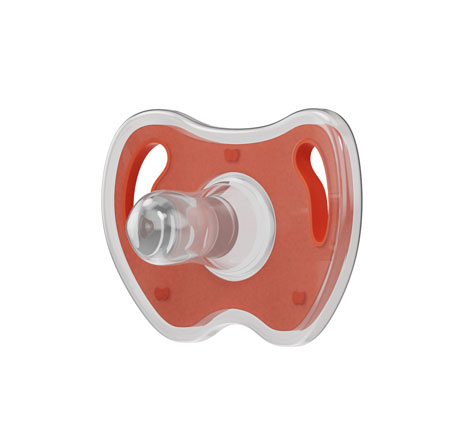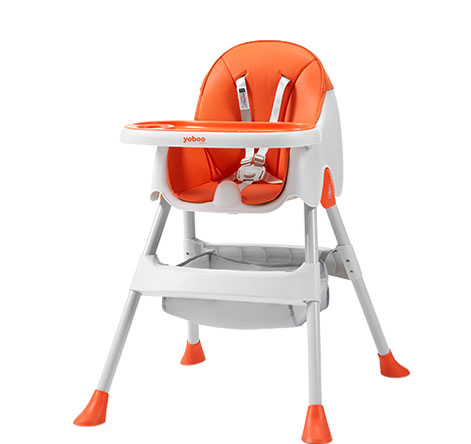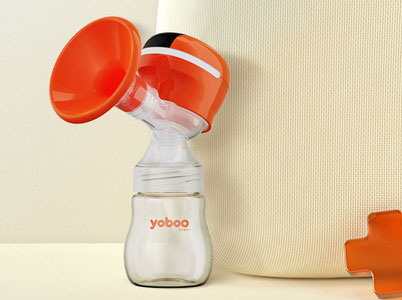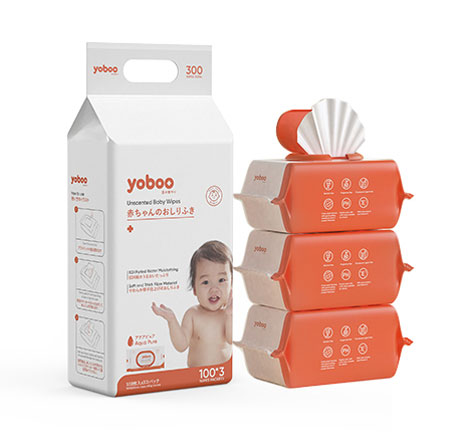Mother's milk is the most ideal natural food for babies. Breastfeeding has been an important indicator for child survival, protection, and development. It contains various substances that are most suitable for infant digestion and absorption, and it has the highest biological utilization rate. It can enhance the baby's immunity, promote the excretion of meconium in newborns, and stimulate milk secretion and postpartum uterus recovery after effective suckling by the baby. Breastfeeding has certain benefits for tooth development and protection as well as brain development.
Automatic breast milk pump helps pregnant women with sucking
In terms of promoting infant intelligence and physical fitness, it cannot be replaced by milk substitutes. However, due to the significant physical and mental exhaustion of mothers during pregnancy and childbirth, as well as the tension and fear caused by delivery, it is easy to cause postpartum lactation dysfunction, which affects milk production. Whether postpartum mothers have a sufficient milk supply is a key determinant of successful breastfeeding. By using an automatic breast milk pump for assisted sucking, the pain of mothers can be relieved, and the milk supply can be increased, resulting in satisfaction for both mother and baby. Modern medicine believes that the level of serum prolactin in the pituitary gland affects the initiation of lactation and maintains milk production.
The impact of automatic breast pump on milk production
During the early stage of lactation, there is a certain relationship between serum prolactin and nipple stimulation. The use of an intelligent automatic breast pump can produce a similar effect to the baby's sucking on the nipple, which can promote early lactation and increase milk supply. It also reduces adverse emotions such as anxiety caused by insufficient milk supply, and enhances the confidence of breastfeeding mothers.
There are studies reporting that the sucking and stimulation of the nipple during breastfeeding have a significant effect on milk production. When the nipple is stimulated by sucking, the sensory signals transmitted from the nipple reach the hypothalamus through the incoming nerve fibers. This may inhibit the release of dopamine and other lactation-inhibiting factors, leading to the pulsatile release of pituitary lactation hormones, promoting milk production. The sucking action can reflexively cause the release of oxytocin from the neurohypophysis, causing contraction of the myoepithelial cells surrounding the mammary acini, increasing intra-glandular pressure, and spraying out milk. However, the serum prolactin level of postpartum mothers is influenced by many factors. Sleep, sucking, and exercise can increase its secretion, while pain, anxiety, and sympathetic nervous excitation can inhibit its secretion.
There is a statistically significant difference in the level of serum prolactin in postpartum mothers compared to the control group, indicating that stimulating the nipple with an automatic breast milk pump can effectively promote the secretion of serum prolactin in postpartum mothers and induce lactation earlier. Using an electric breast pump is convenient, and after the milk supply of postpartum mothers increases, the sucking time of newborns can be shortened, which helps newborns avoid sucking fatigue and effectively suction milk. This facilitates increased rest time for both mother and baby and further promotes maternal lactation.
Due to postpartum fatigue, pain, worry, excitement, and other factors, as well as the perception of no milk and reluctance to breastfeed in the early stages, and some mothers having flat or inverted nipples, infants may have difficulty in sucking, resulting in a reduced number of feeding times, leading to reduced nipple stimulation and delayed lactation.
The intelligent automatic breast pump is easy to operate, convenient to use, and has obvious effects, which is favored by postpartum mothers. It uses a dual rhythmic sucking mode, which simulates the natural sucking rhythm of babies. It stimulates milk ejection reflex with rapid and intense sucking at a rate of 120 cycles per minute, and then gently and efficiently sucks milk at a slower rate of 54-78 cycles per minute. In the early stage of lactation, the automatic breast pump can stimulate milk ejection by rapidly and intensively sucking, ensuring smooth milk ducts, promoting early lactation, smooth milk flow, increased milk supply, prevention of milk stasis, and timely emptying of breasts for mothers separated from their babies. It helps maintain lactation, relieve the pain of milk stasis, and can also correct flat or inverted nipples and prevent mastitis.
By using an automatic breast milk pump, postpartum mothers can provide milk to their babies earlier, better meeting the needs of both mother and baby.












